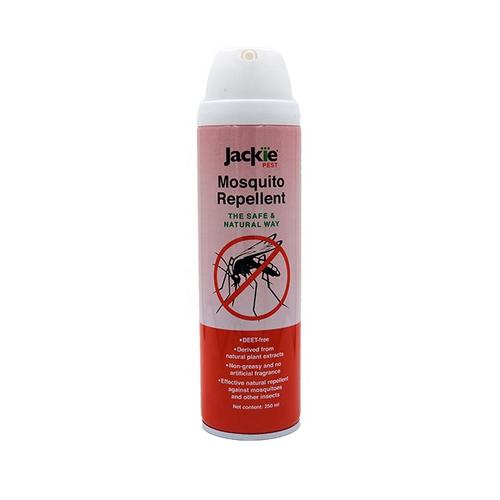
Rat Bite Fever: A Comprehensive Guide
Rat bite fever is a serious infectious disease caused by bacteria. It is important to understand the various aspects of this condition to ensure proper prevention and treatment. In this article, we will delve into the causes, symptoms, diagnosis, treatment, and prevention of rat bite fever.
Causes of Rat Bite Fever
Rat bite fever is primarily caused by two types of bacteria: Streptobacillus moniliformis and Spirillum minus. These bacteria are commonly found in the saliva and urine of rats. When a person is bitten by a rat or comes into contact with rat urine or feces, they can become infected with the bacteria.

Transmission of Rat Bite Fever
There are several ways in which rat bite fever can be transmitted:
-
Bite from an infected rat
-
Handling an infected rat
Symptoms of Rat Bite Fever
The symptoms of rat bite fever can vary depending on the type of bacteria causing the infection and the individual’s immune response. Common symptoms include:
Diagnosis of Rat Bite Fever
Diagnosing rat bite fever can be challenging, as the symptoms can be similar to other infectious diseases. However, healthcare professionals may use the following methods to confirm the diagnosis:
Treatment of Rat Bite Fever
Rat bite fever is a treatable condition, and early diagnosis and treatment are crucial to prevent complications. The primary treatment for rat bite fever involves antibiotics, such as penicillin, amoxicillin, or doxycycline. In some cases, other antibiotics may be prescribed.
It is important to complete the full course of antibiotics, even if symptoms improve, to ensure the infection is completely eradicated. In severe cases, hospitalization may be required.
Prevention of Rat Bite Fever
Preventing rat bite fever involves avoiding contact with rats and their urine or feces. Here are some tips to help reduce your risk of infection:
Conclusion
Rat bite fever is a serious infectious disease that requires prompt diagnosis and treatment. By understanding the causes, symptoms, diagnosis, treatment, and prevention of rat bite fever, you can take steps to protect yourself and others from this potentially life-threatening condition.
| Causes | Streptobacillus moniliformis | Spirillum minus |
|---|---|---|
| Transmission | Bite from an infected rat | Handling an infected rat |
| Symptoms | Fever, chills, headache, nausea, muscle aches | Fever, chills, headache, nausea, muscle aches |


